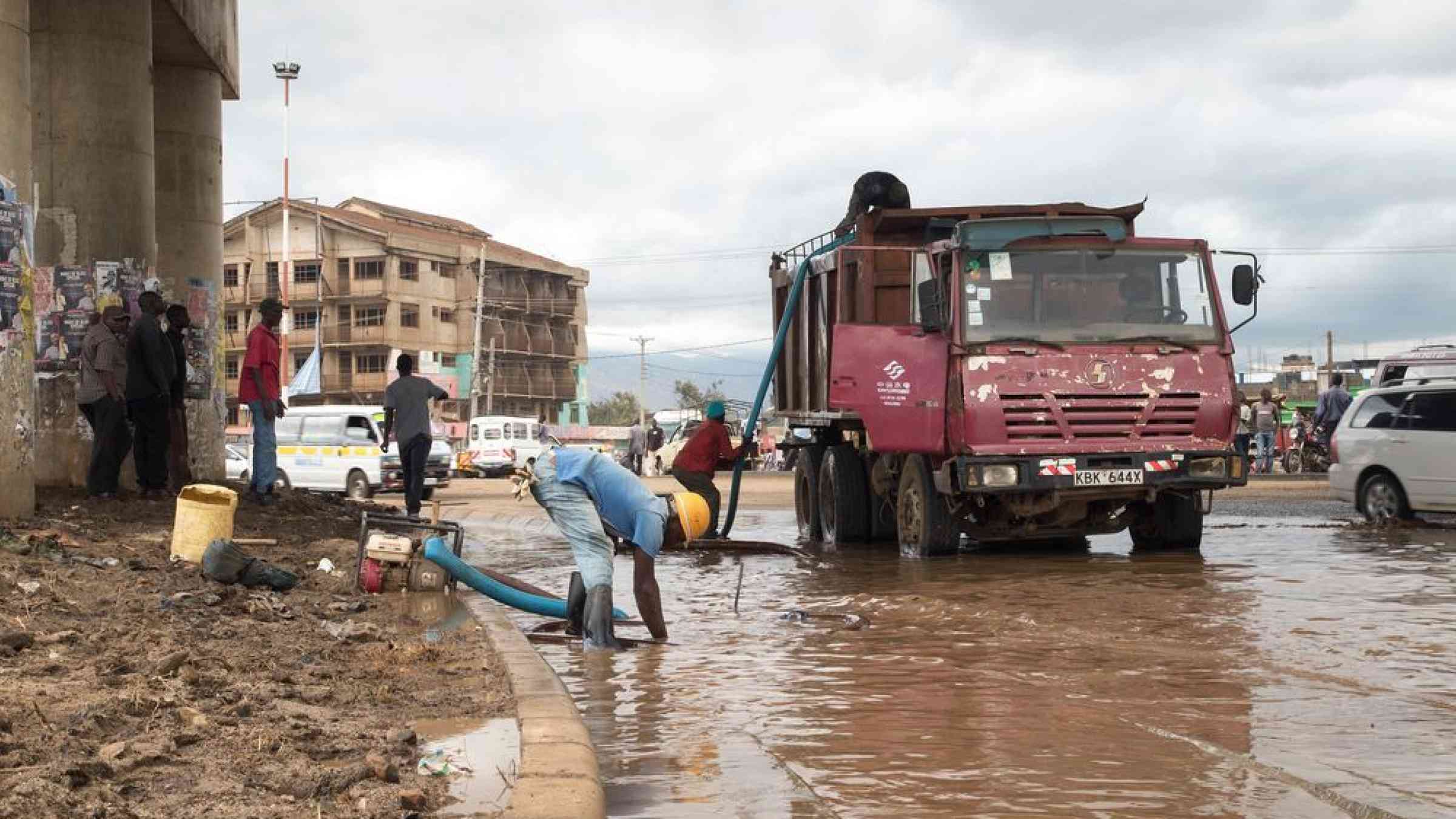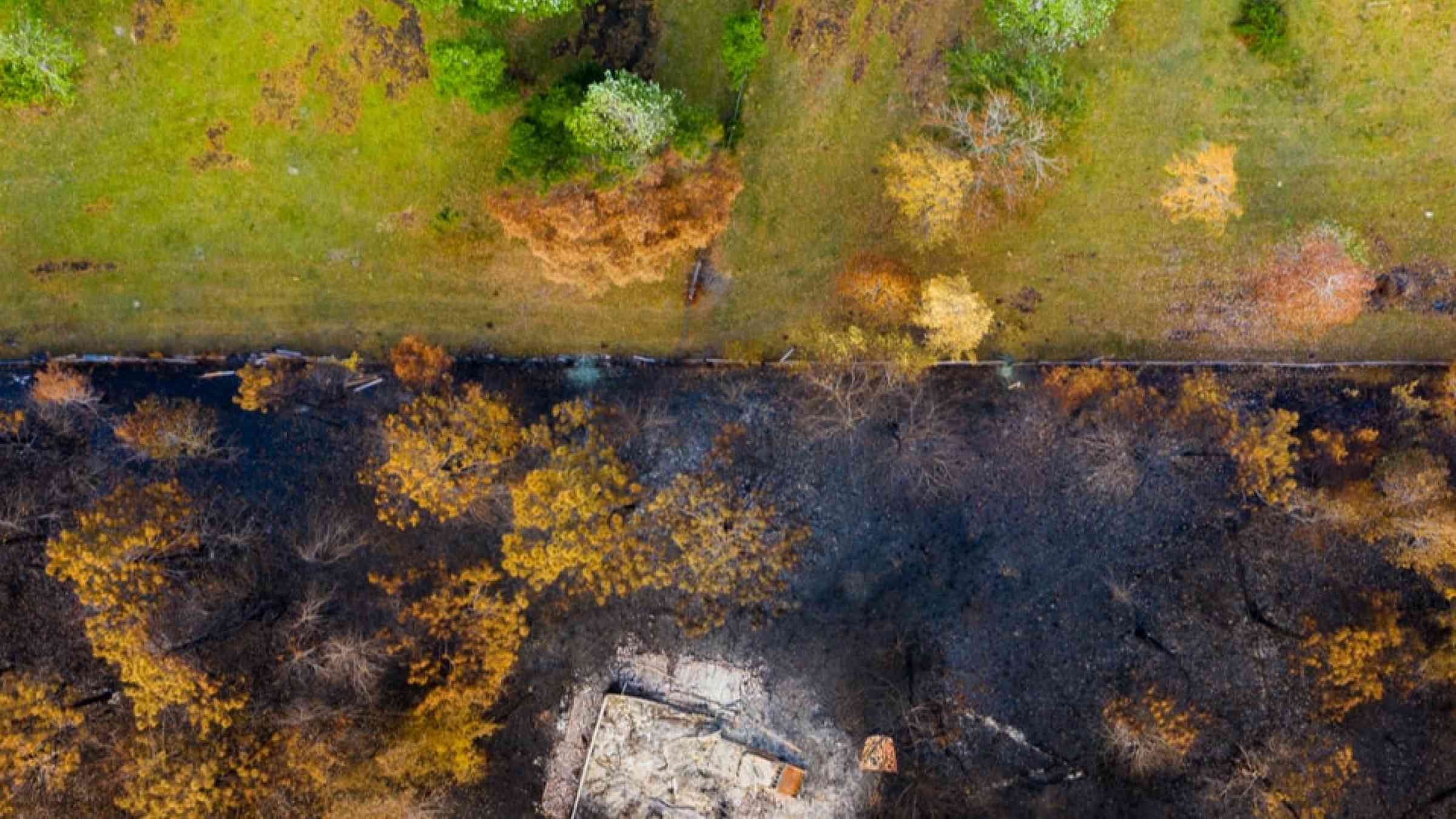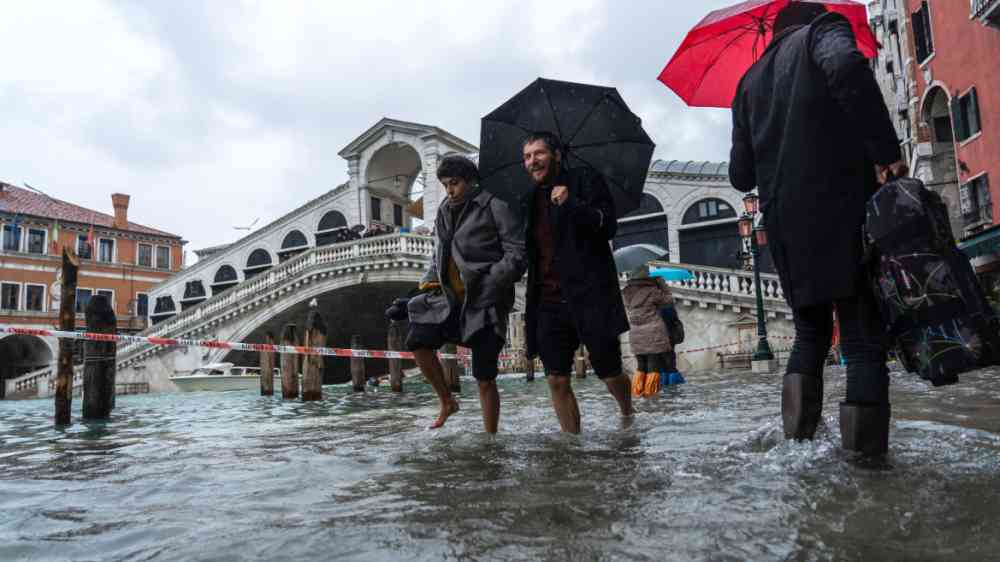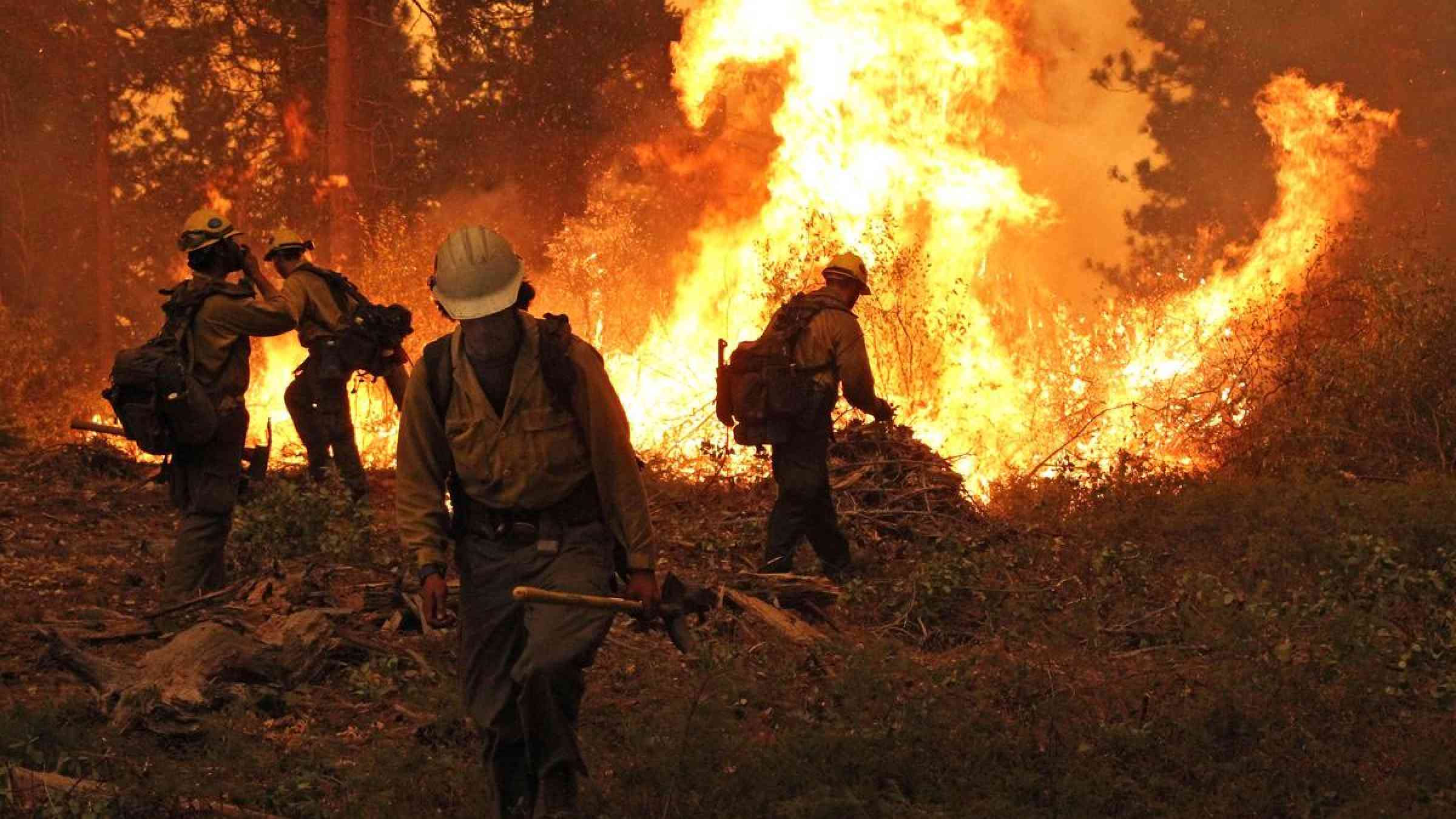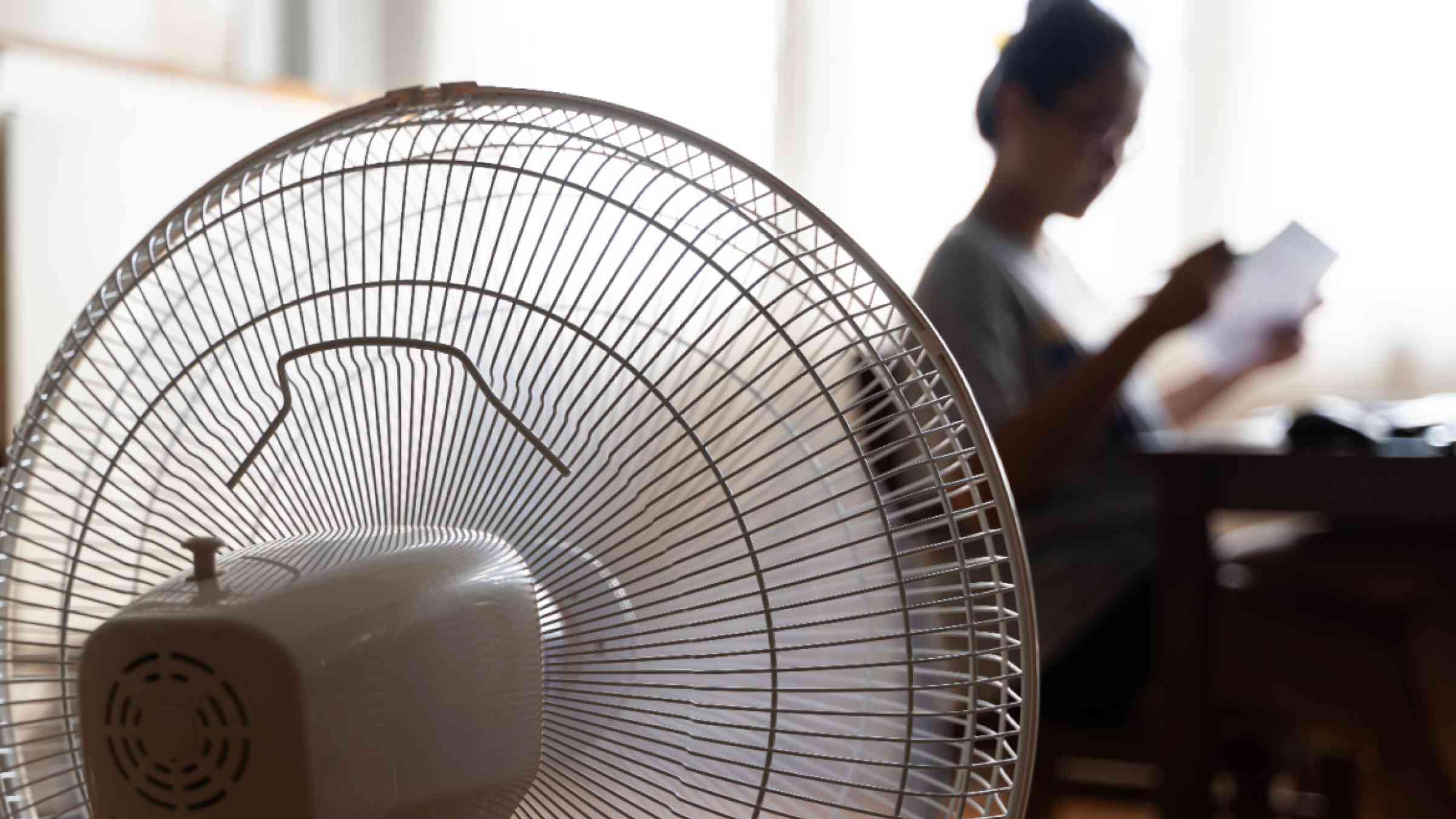Please help us improve PreventionWeb by taking this brief survey. Your input will allow us to better serve the needs of the DRR community.
Research briefs
Is this page useful?
Yes NoThank you. If you have 2 minutes, we would benefit from additional feedback (link opens in a new window).

